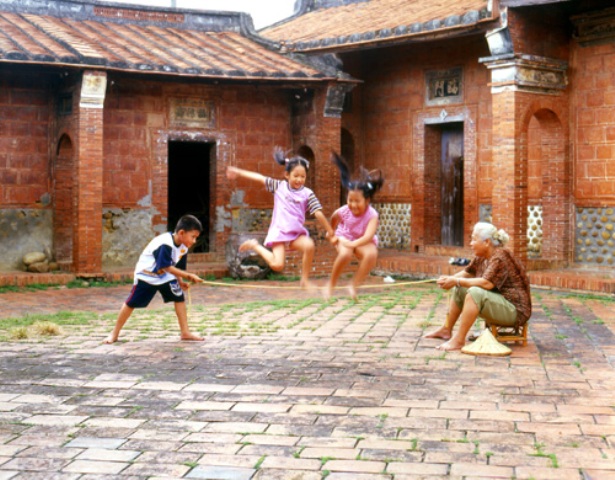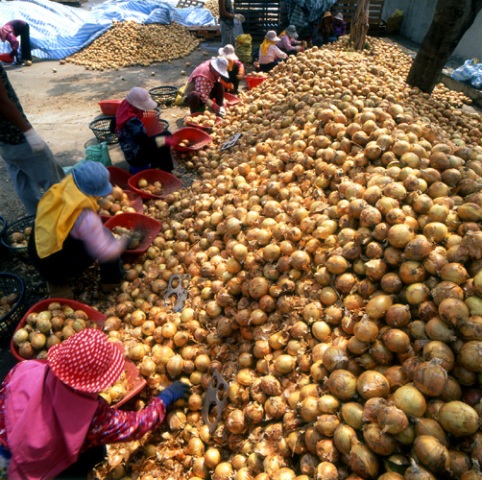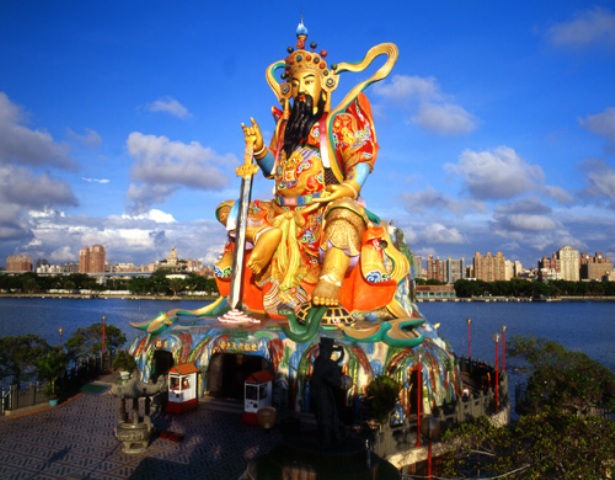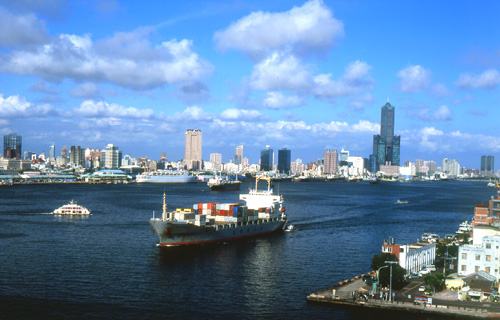Introduction





Historically speaking, tensions in cross-strait relations started with the division of the Chinese nation into two Chinas, the PRC in mainland China and ROC in Taiwan, in 1949 - an outcome of the Chinese Civil War in the early twentieth century. This tension continues today not because of mutual hostility on both sides but because of a lack of trust and respect. This situation threatens the survival of Taiwanese society and creates the need to position the China-Taiwan relationship in a global context.
This program includes a three-day poster exhibition, two public lectures and one panel discussion. The exhibition will be organized around two separate but interrelated themes. One is on Taiwanese culture and society in the global community ranging from scientific innovation, cultural performances, and the entertainment industry to the philanthropy of non-profit organizations and governmental relief, and a comprehensive introduction to the place and the people of Taiwan. The other is on the historical contingencies in the modern era that have resulted in cross-strait complications, with emphasis on the Taiwan-China-U.S. relationship since 1949, and the successful democratization of Taiwan since the 1980s.

The two public lectures by Professor Ruan Ming will be the cornerstone of the program. Professor Ruan is recently retired from his post at Tamkang University in Taiwan. He has been an influential public intellectual in both the PRC (China) and the ROC (Taiwan). He was a special assistant to China's former Chinese Communist Party Secretary-general Hu, Yaobang in the 1970s and a National Policy Consultant for Taiwan's incumbent President Chen Shui-Bian since 2000.
As an influential communist first then a determined liberalist later, Professor Ruan is an intellectual who fights for justice and equality in human society. As a senior scholar, his professional work is widely recognized by the international scholarly community for its accuracy and original perspectives. We believe that Professor Ruan will deepen the discussions on contemporary cross-strait issues and enhance our understanding of the value of Taiwanese democracy and its influence on the future of Asia.
In the panel discussion on April 28, we will have several discussants from the Taiwanese and Chinese communities in Ann Arbor. They will express their own visions of Taiwanese democracy as well as the future of cross-strait relations. The event will create a forum for rational discussion among the different communities. As the government of United States faces a diplomatic and military paradox in Mideast, our project is a reminder that homegrown democracy is the best way to ensure peace and protect the conscience of humanity.
 Overall, we mean to demonstrate that Taiwan's identity, and arguably her sovereignty, as a subaltern agent in relation to China and the United States has been established by its self-generated democratization despite of the lack of international recognition of Taiwan. We call for collective commitments to democracy and responsibilities of maintaining peace and human rights to be firmly claimed by the whole world, especially the US, China, and Taiwan.
Overall, we mean to demonstrate that Taiwan's identity, and arguably her sovereignty, as a subaltern agent in relation to China and the United States has been established by its self-generated democratization despite of the lack of international recognition of Taiwan. We call for collective commitments to democracy and responsibilities of maintaining peace and human rights to be firmly claimed by the whole world, especially the US, China, and Taiwan.
Picture source: http://tiscsvr.tbroc.gov.tw/